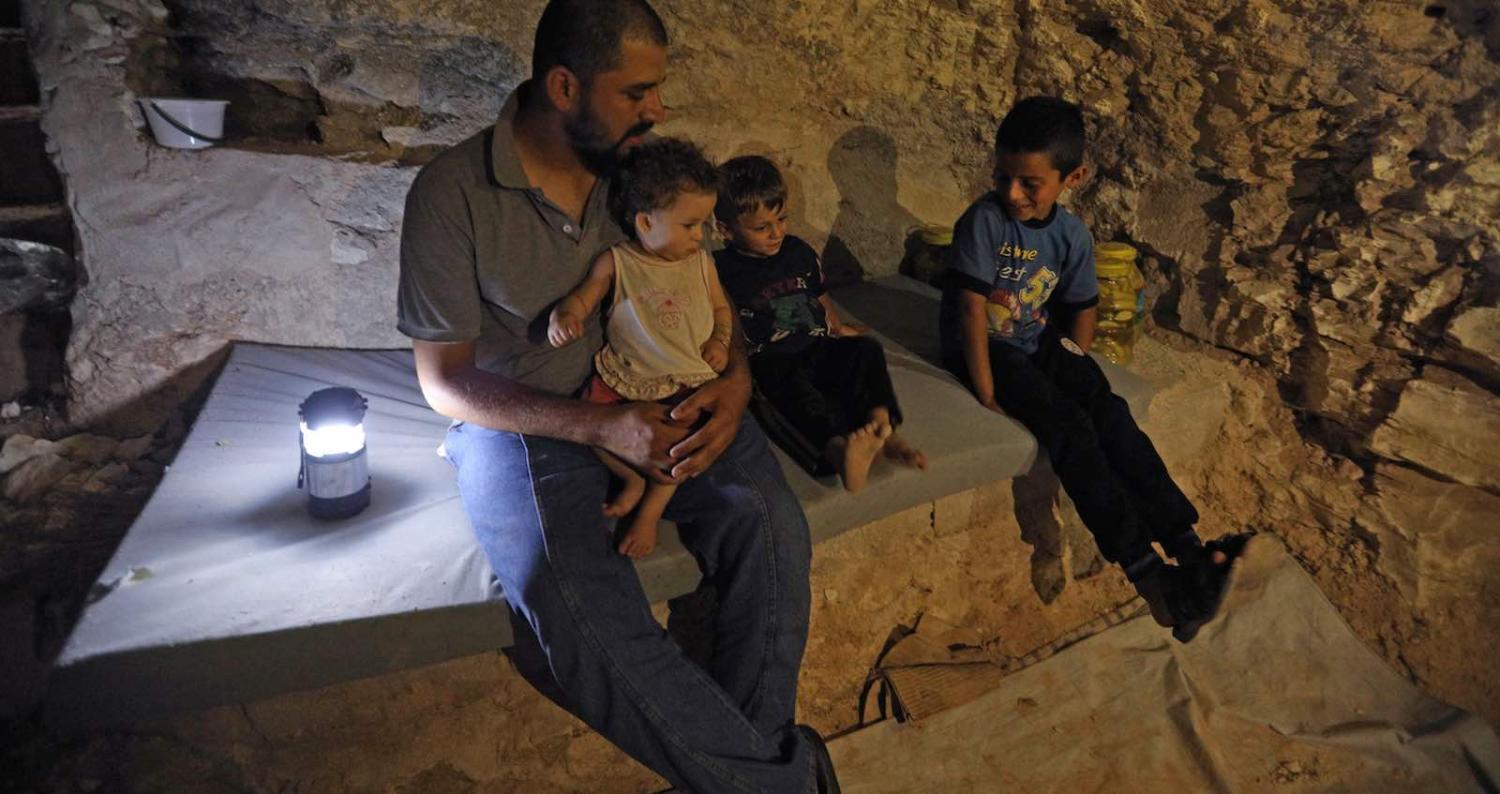- On Tuesday, UN Secretary-General António Guterres argued the situation in Idlib, Syria, is not sustainable, adding the presence of terrorist groups sheltering in the enclave cannot be tolerated. He warned the situation had the potential to be the worst “humanitarian tragedy” of the century.
- Earlier this year, the Trump administration proposed slashing the US aid budget by a third. But the eventual budget looks very different from the one sought by the White House. The Economist explains why.
- Andrea Erickson, from the World Bank, discusses nature-based solutions, such as water funds, to solve urban issues such as water purification.
- Walter Scheidel, author of The Great Leveller discusses the reasons behind economic inequalities and explains how, throughout history, major events, such as warfare, revolution, state collapse and plague, helped fix the issue.
- Lisa Denney talks about adaptive development program, and highlights five common risks that threaten the success of such programs.
- Lizzie Dearden, Home Affairs correspondent for The Independent, reports on the UK inquiry into to sexual abuse in the aid sector.
- A bit of history, with Nick Dall’s piece on the Battle of Adwa, where Ethiopia repelled Italy’s invasion, proving to the world that colonial conquest was not inevitable.
- Development issues are often studied through the lens of data. But a data set can be difficult to find. To solve this issue, Google recently introduced a data set search, which trawls for publicly available data sets, similarly to how Google Scholar works. Here they describe how it works and how to describe your data set to ensure it is found.
- Finally, a collection here of reaction by world leaders, past and present, to the news of Kofi Annan’s death.
